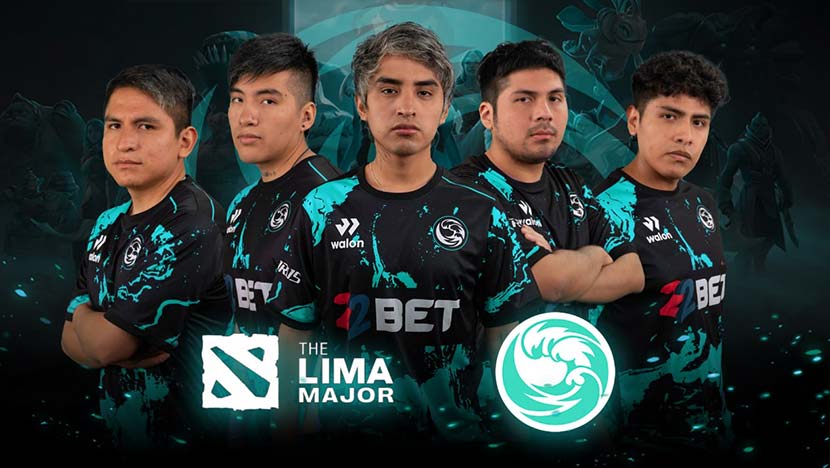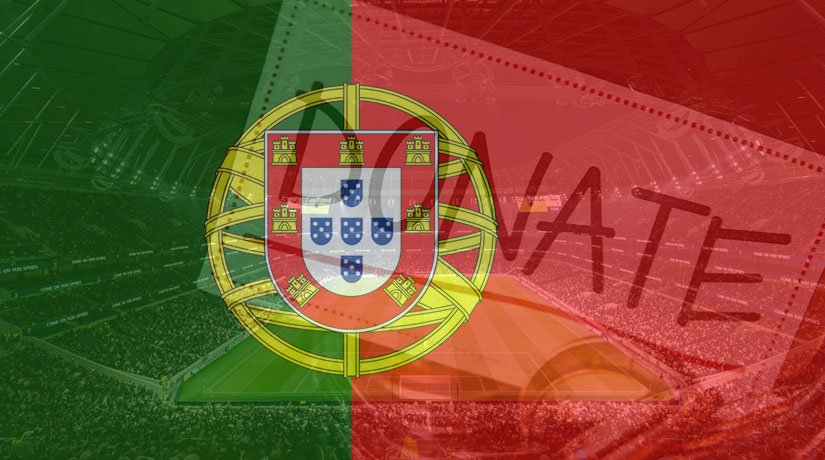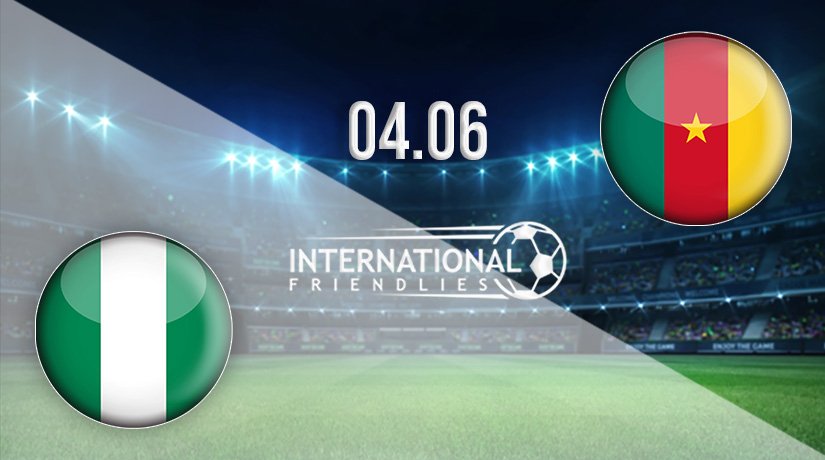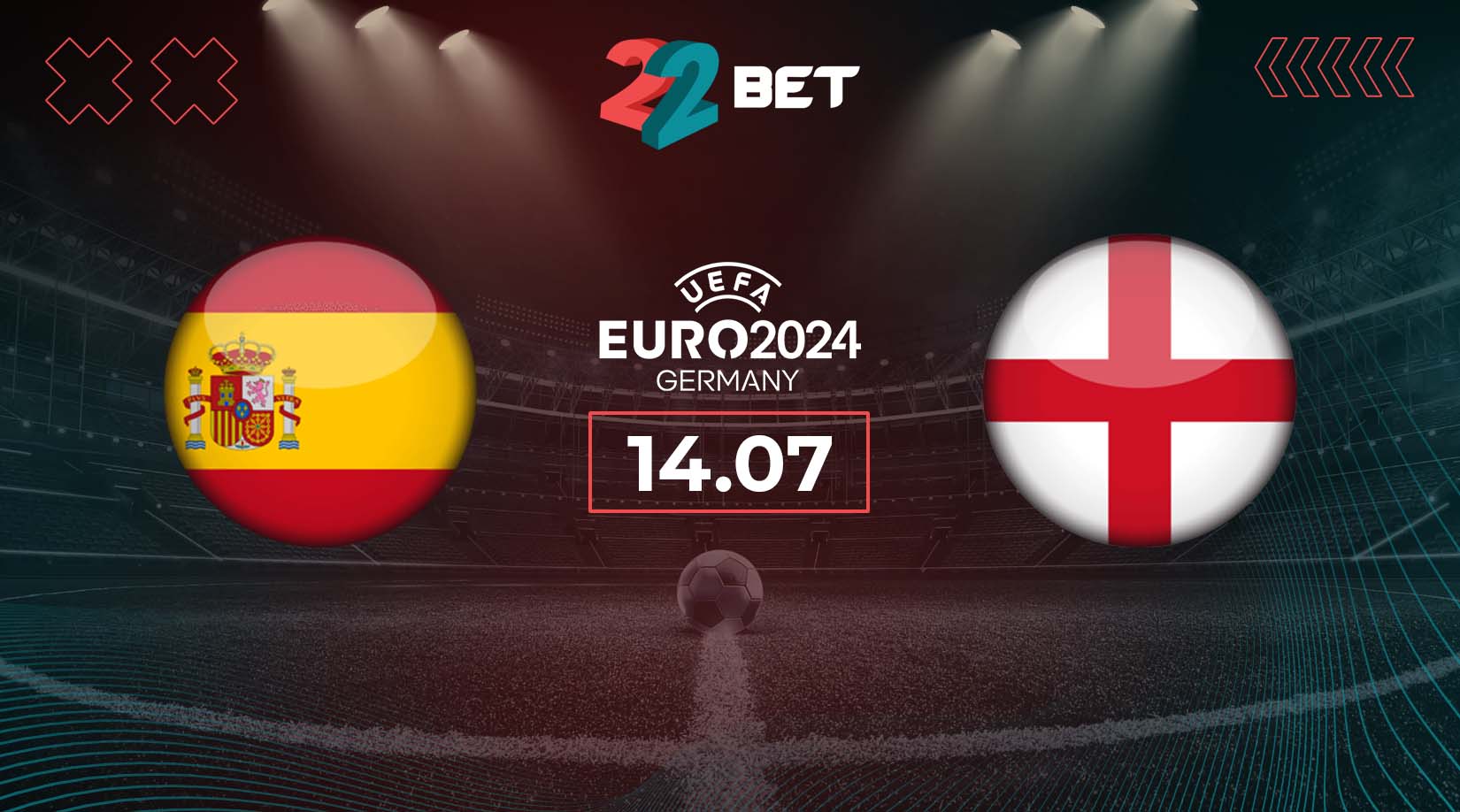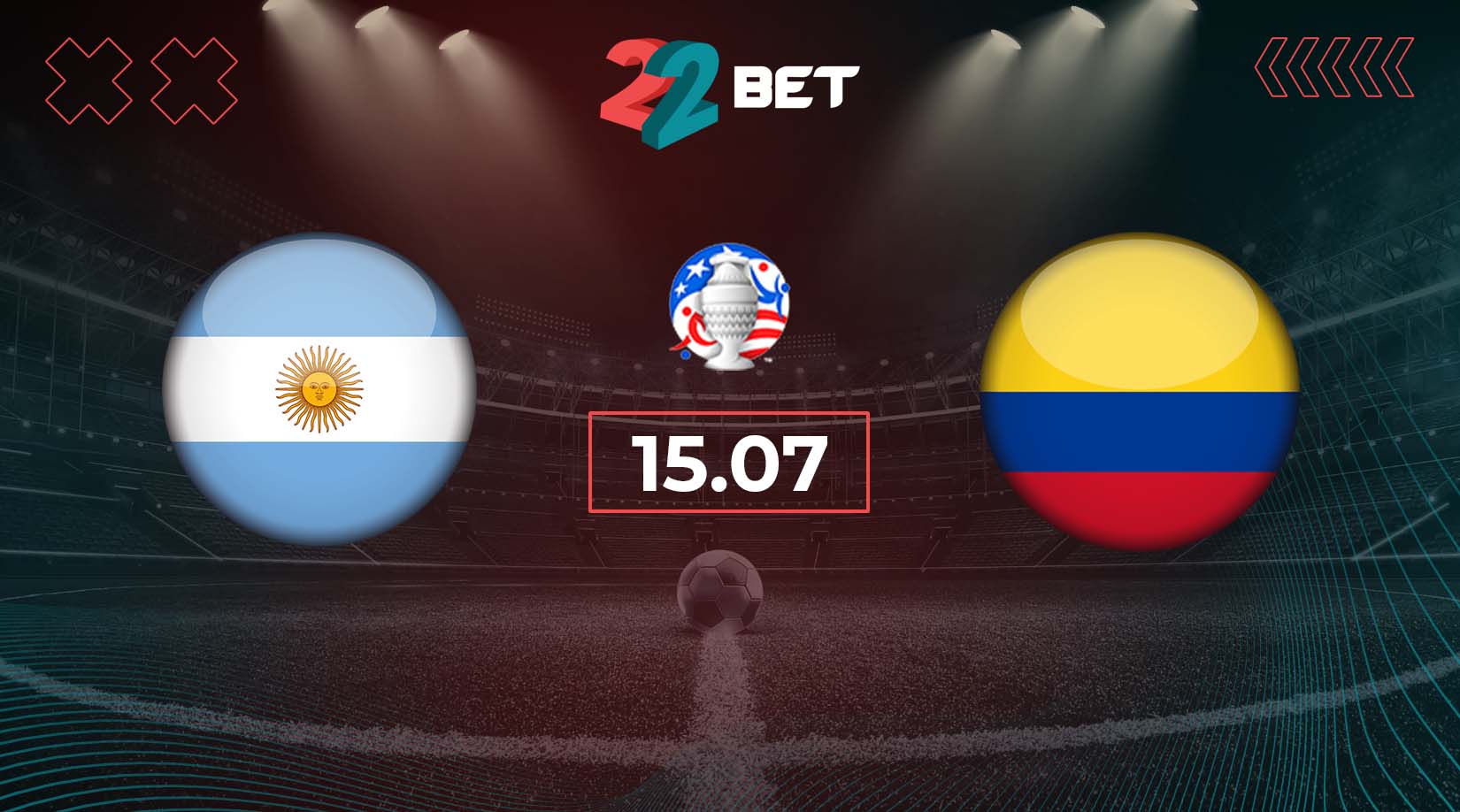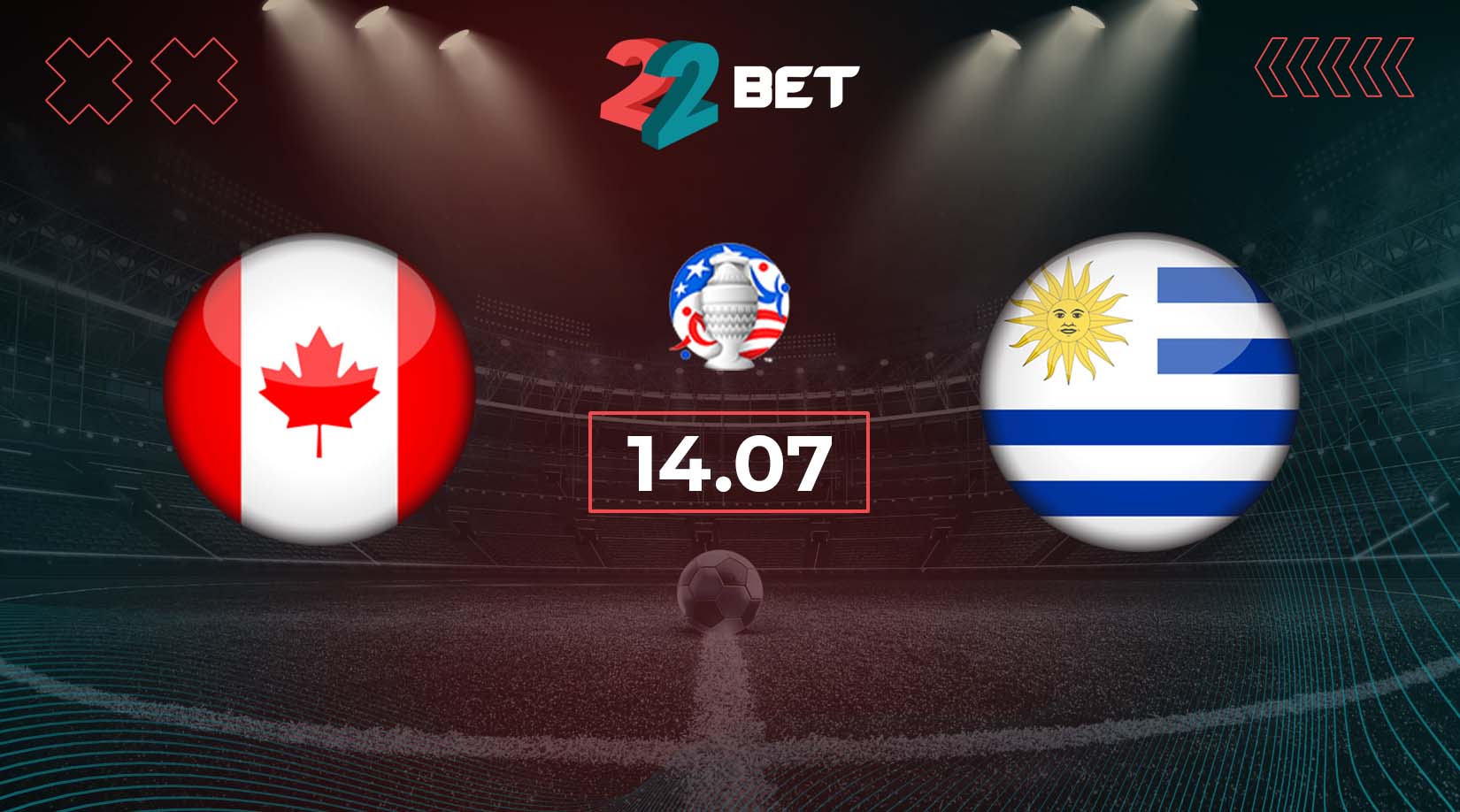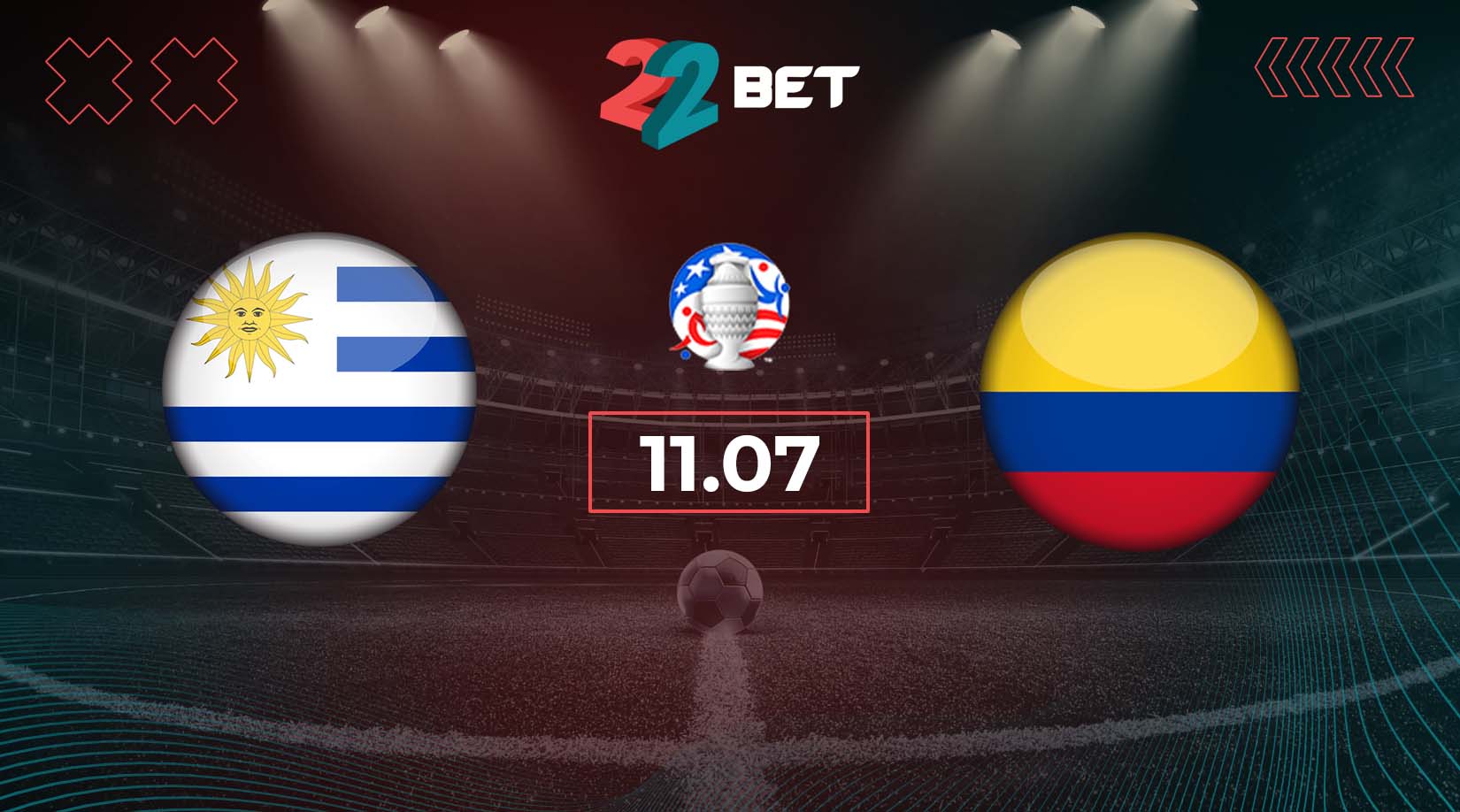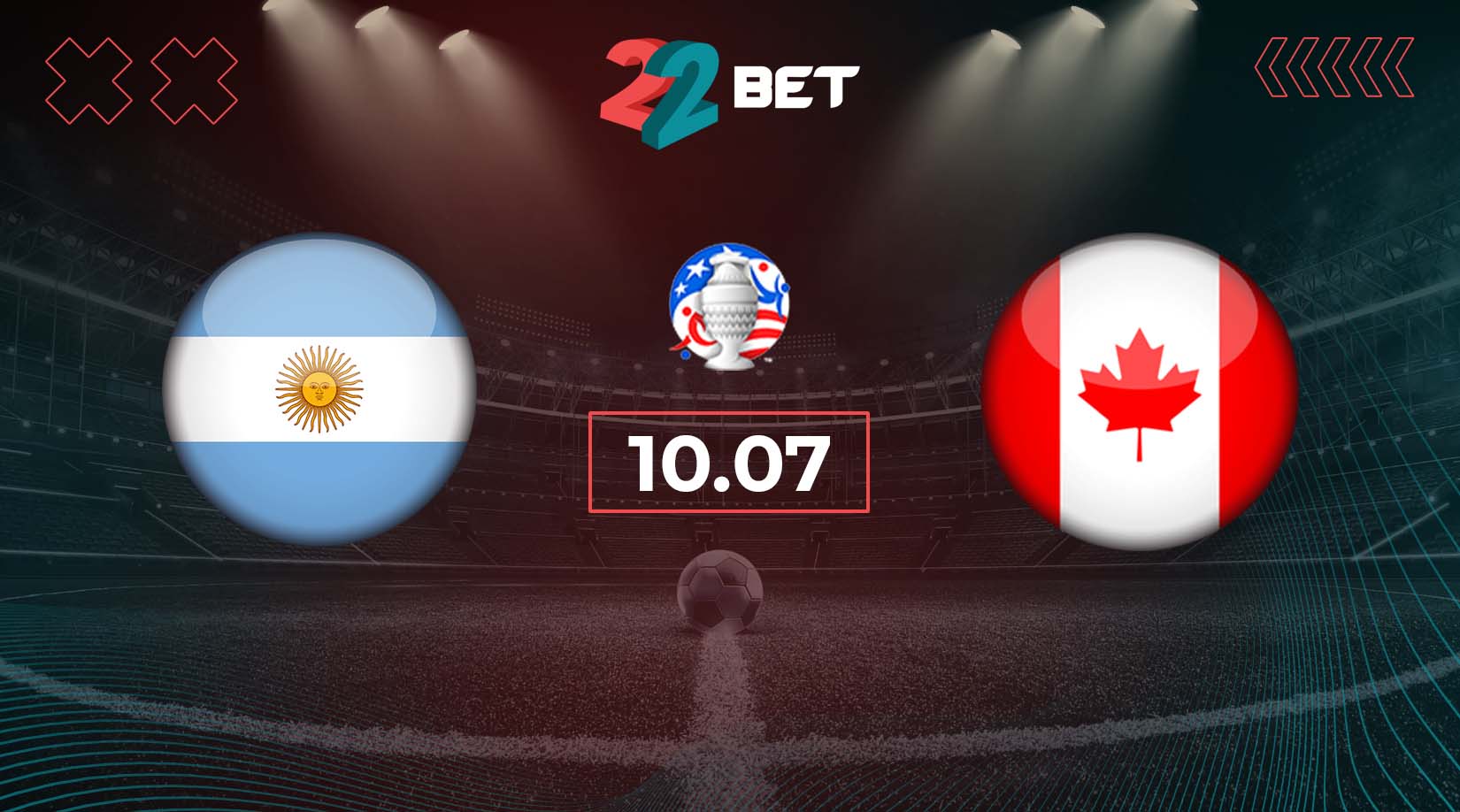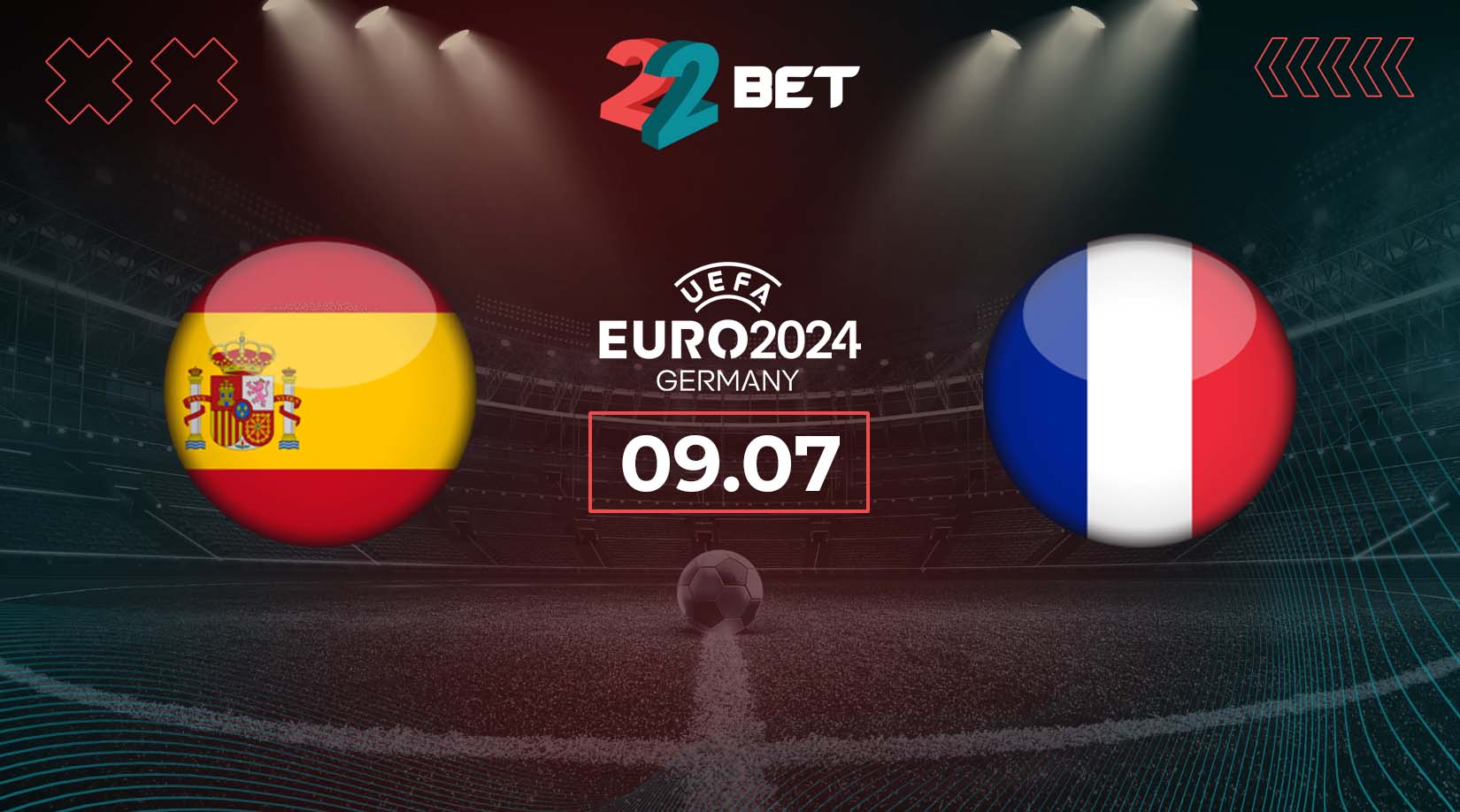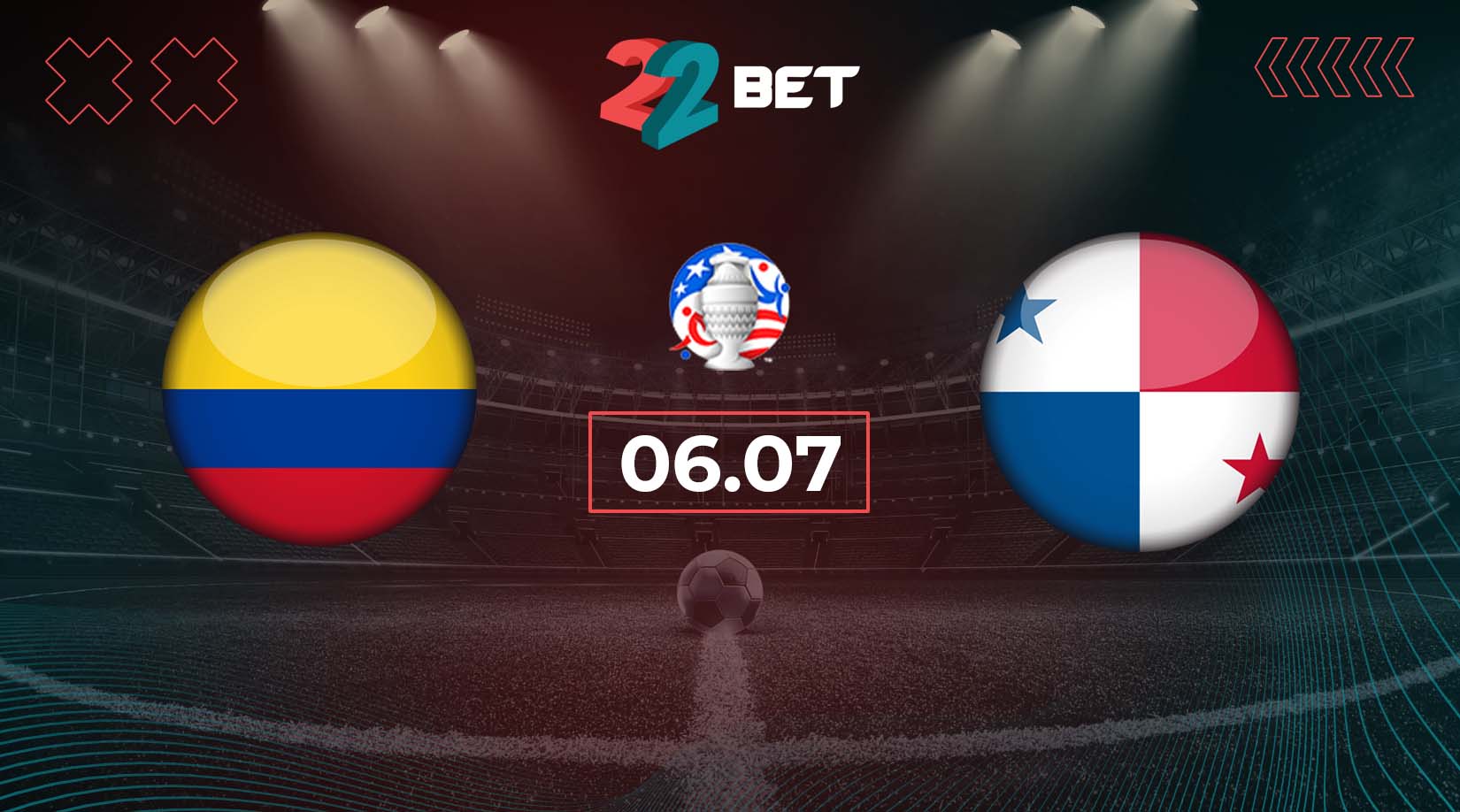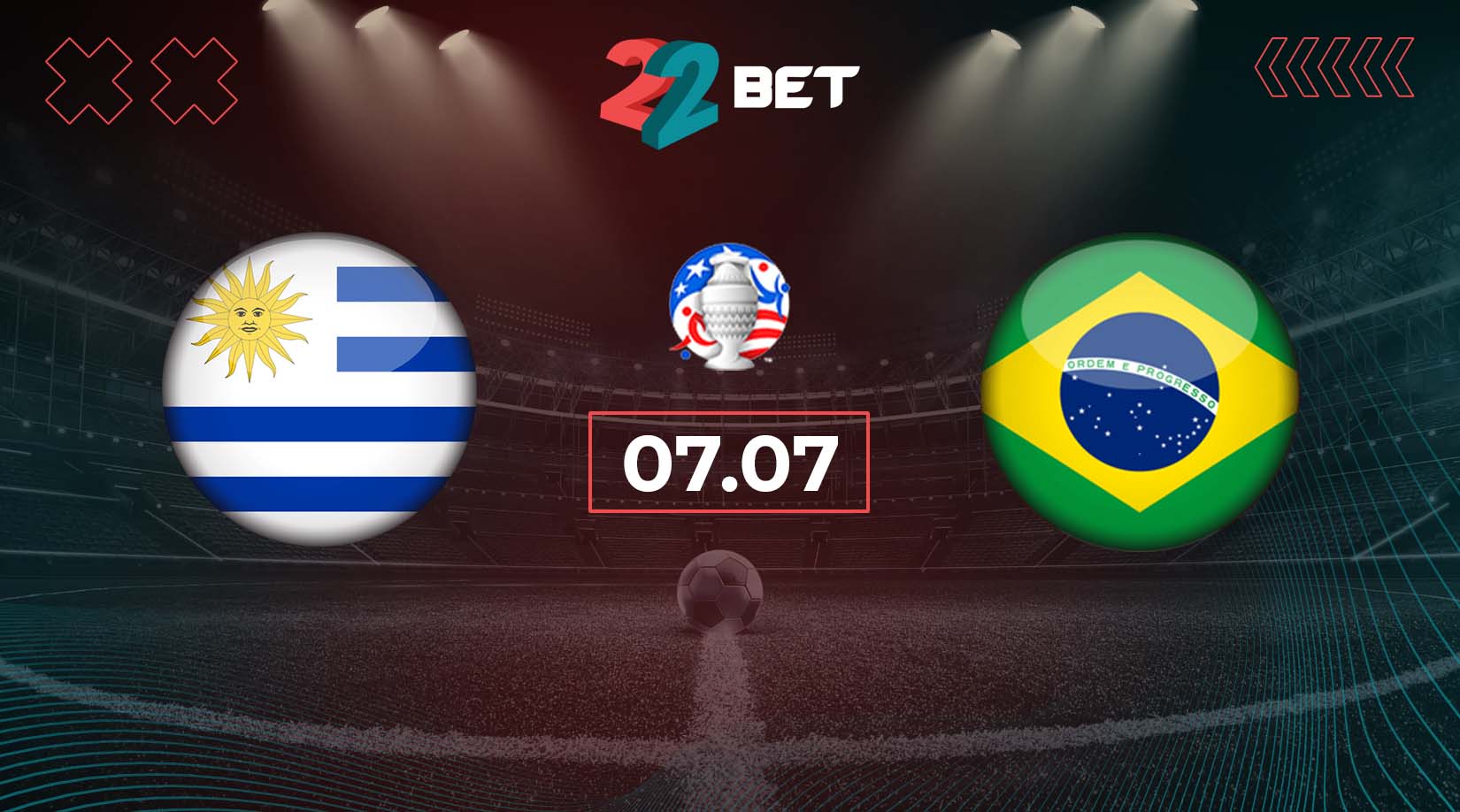If you’re a fan of international football, you might have noticed that sometimes there are some players in the game who couldn’t possibly belong to that country. You might have picked up your phone to search for it online, only to find your suspicions were true.
Some of these players play in top teams and will represent their countries in the upcoming Euro 2024. You can read more about this in our article about the main contenders for the gold.
You’ll be surprised to know this has been going on for a long time. The first time it happened was back in 1876 when John Hawley Edwards switched from England to Wales.
But how does it all work? Can players switch national teams to play for another nation? We’re going to answer all of these questions today.
What Is Sports Citizenship?
We talk about an athlete’s sports citizenship when they represent a country on the international stage but do not possess the nationality for it from birth.
Players who switched national teams did so after meeting certain conditions and requirements. This can be for several reasons, which can be personal, professional, or the fact that the individual has dual citizenship, like a Mexican-American.
Most athletes do this to further their careers by playing for powerhouse national teams, for example, in the case of Gonzalo Higuain, originally born in France. But being raised in Argentina, he felt more at home there. That’s why he decided to stick with the current FIFA World Champions.
No matter the reason, certain rules need to be followed to switch to another nation. Players who switched national teams in 2023 must follow the latest iteration of FIFA’s rule to change the matter. We’re going to get to that in a bit. But first, let’s look at the history of players switching to another national squad.
The History of the Phenomenon
We’ve already covered the most common reasons players switch national teams these days. But if we look into the history of the matter, there were different situations back in the day. Let’s check these out one by one.
Although he wasn’t one of the first, Alfredo Di Stéfano played for three different nations during his career. He played for Argentina, Colombia and Spain. This resulted from a political dispute between the countries and their football federation.
FIFA took matters seriously back in 2004. Back then, players were only allowed to switch countries once, provided that they had never played for a national team. The idea was to prevent certain teams from stockpiling star players to win a championship.
Mass Sports Migration
International football has experienced a surge in the number of players switching to other countries. Talented athletes from all over the world prefer to make this switch to Europe.
This continent hosts some of the best football leagues in the world. This is why many youth-level players switch to different leagues every year.
From there on out, these individuals join different countries by securing sports citizenship. There are records of players who changed their nationality in the early 2000s. There’s also the collapse of the Eastern bloc, which we’ve already seen.
Why And How Can Athletes Change Citizenship?
Now, let’s focus on the rules involved with players switching nations. As we mentioned, there have been different changes made to the system over the years. For clarification, we will only focus on rules set by FIFA in 2021.
1) Change of Association
Athletes can play for a different country without appearing in a competitive international football match. This rule holds the same for youth-level and senior competition events.
If athletes has already done so, he or she is considered “tied” to the nation. If this happens to be the case, then players can’t switch to another country. However, it’s not the same case for a non-competitive match.
2) Eligibility for the National Team
Along with the first rule, any player deciding to make a switch must pass the eligibility criteria for the new team. This can be having a citizenship and age limit, among other things. Some countries also require the athletes to have dual nationality.
If these things are in order and the player is eligible, then a player can make the switch.
3) FIFA’s Approval
Lastly, if an athlete is considered qualified per the previous rules, the individual must go under review by FIFA. First, a formal request to change sports nationality needs to be submitted. Everything will be verified and authenticated by FIFA professionals.
It’s also important to note that football athletes are required to comply with any regulations set by the Football Confederation of the new nation. Failure to do so may result in FIFA rejecting the switch request.
Pros and Cons for Athletes
Now that you know how it works, let’s talk about the aftermath for players that changed nationality. While it’s primarily good for the player making the change, it also comes with a fair bit of issues. We’ve made a list of these good and bad points of switching so you can take a quick look.
Pros of Switching to Another Nation
- Opportunities for international success
- Better performance results for the footballer
- Improved exposure
- Reconnecting with family (in case of dual citizenship)
- A diverse cultural experience
Cons of Switching to Another Nation
- Questions about allegiances
- Rejection and backlash from fans
- Increased pressure to perform well
Conclusion
Deciding to make the switch to another nation isn’t an easy thing to do. Athletes should remember that there are rules to ensure fairness for all, while it is their own matter. So they should take the final decision after considering everything.
FAQ
What Happens If FIFA Rejects a Player’s Application?
Without approval from FIFA, a player cannot make the switch to represent another country.
Do Football Players Get Paid for Switching to Another Country?
Unlike club transfers, if a footballer decides to play for another nation, they don’t get paid.






